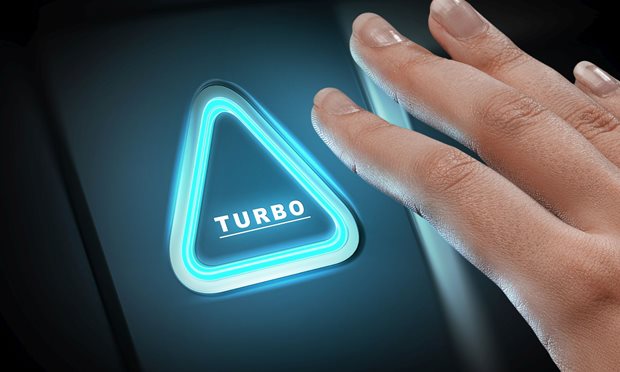

TURBO program and grants
The University of Twente and Radboud university medical center have set up the Twente University RadBoudumc Opportunities (TURBO) program. Together they will supply four TURBO grants.
read moreTURBO program and grants
Background and objective/aim
The University of Twente and Radboudumc have a long-lasting history of collaboration. In 2017, they launched the Twente University RadBoudumc Opportunities (TURBO) program, a joint grant initiative aimed at fostering innovative research. Since then, 8 successful funding rounds have been completed, and the TURBO 2026 call opens in April 2025.
Building on this strong foundation, the two institutes signed a strategic collaboration agreement in May 2024. This new phase of partnership, called HealthTech Nexus, focuses on expanding the collaboration in knowledge sharing, talent development, and innovation. Together they aim address pressing healthcare challenges, specifically unmet medical needs that currently lack effective solutions.
Scope
The TURBO projects should align with the ambition to match unmet clinical needs with technological solutions, aiming to improve health and healthcare through the development of new diagnostic methods and innovative therapies for diseases that are currently difficult to diagnose or treat effectively. Opportunities to improve lie amongst others in development and application of new technological methods (e.g. organ-on-a-chip), the use of artificial intelligence and machine learning for the analysis of large amounts of data, technological developments related to e-health, as well as legal, safety, ethical, financial, risk-associated, and practical considerations that are key to the implementation of medical technology.
While TURBO projects can span a wide range of fields, the primary goal of a TURBO-assisted grant application should be to bring the application one step closer to the market or practical application. This means that the projects should preferably focus on a transition of Technology Readiness Level (TRL) or Societal Readiness Level (SRL). A preference is given to the higher levels (TRL or SRL of 4 or above).
Examples of promising areas include the current opportunities in defence and healthcare, e-health and sensing technologies, innovations aimed at increasing productivity in healthcare, more sustainable medical materials, as well as cutting-edge platforms like organ-on-a-chip, digital twins, and artificial intelligence. Additionally, any other emerging technologies that contribute to addressing unmet clinical needs are also welcome for consideration within the TURBO program.
Please make sure to read the complete Call text.
Submissions
Use the provided formats for the Proposal and Budget plan. The proposal and budget plan are submitted via the submission page on the UT’s TURBO website, not via e-mail.
read moreSubmissions
Use the provided formats for the Proposal and Budget plan.
Name your proposal: TURBO2026_[Last name UT applicant]_[Last name Radboudumc applicant].doc.
Name you budget plan: TURBO2026_[Last name UT applicant]_[Last name Radboudumc applicant].xlsx
The proposal and budget plan are submitted via the submission page on the UT’s TURBO website, not via e-mail.
News items HealthTech Nexus
Learn more about the developments made possible by TURBO grants, and about our partnership with University of Twente.
see pageEvaluation committee
- The evaluation committee is (preferentially) chaired by an external representative.
- There are two permanently appointed members; one from each institution.
- There are two scientific experts taking a seat on the committee, representing the reviewers.
- Grant advisors of both institutions are represented.
Evaluation committee
Every proposal is first evaluated to fulfil the general criteria. Proposals that do not fulfil these general criteria will not be taken into consideration by this evaluation committee.
The proposals are evaluated by at least two independent scientific experts (reviewers) and a grant advisor from each institution according to the criteria: (scientific) quality (50%), feasibility of project and likelihood of obtaining additional funding (20%), innovativeness (15%) and (societal) impact (15%).
Proposals will first be discussed and ranked separately within the University of Twente and Radboudumc. Subsequently, the proposals will be discussed by an evaluation committee consisting of the scientific experts and grant advisors from both institutions. The combined scores of both institutions are the basis for a final ranking by the evaluation committee.
The evaluation committee must come to a unanimous agreement. If no consensus can be reached, the chairperson will make the final decision.
Time line
- 24 April 2025: TURBO call 2026 open
- 14 July 2025 11 a.m.: Deadline full proposal TURBO grant
- 15 July – Sept 2025: Proposals evaluated by reviewers and the committee
- Mid-October – Mid-November 2025: Granting meeting (online), exact date t.b.a.
- Not later than 1 Jan 2026: Start of projects
- 31 December 2026: End of projects, draft grant application written
- Ultimately 1 April 2027: Final report submitted
- Before April 2026: Submitted grant application at external funding body